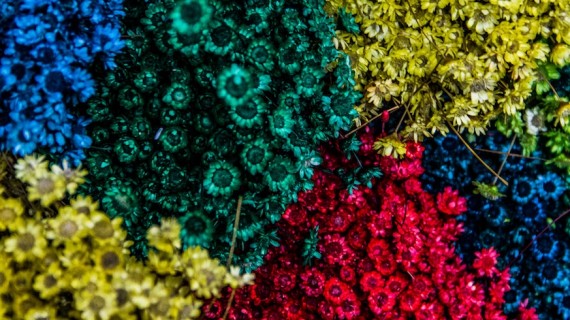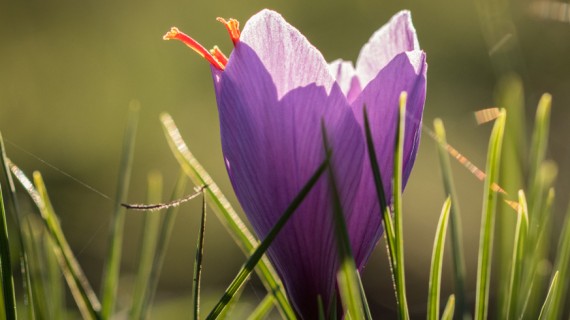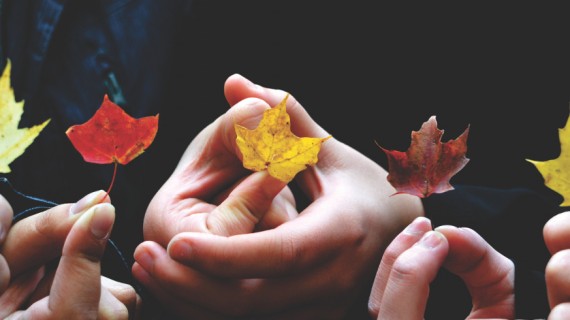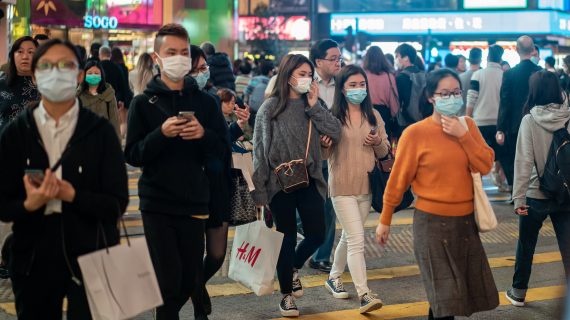Forests and Biodiversity are our natural anti-virus. Respect for and protection of the environment are now more than ever necessary to stop this pandemic and prevent any forthcoming. Find out why
What we thought was an epidemic soon ran rampant and became an international COVID-19 Pandemic: how could it happen?
Sadly, that was not only bad luck. This rapid spread was caused by our own actions. We have been destroying forests, exploiting any natural resource up to the limit, we never took care of our home. Let’s now try to find out why, and mostly how can we change.

Saving the environment to save ourselves
Evidence shows that men exploited more resources than what the Earth can develop. Due to someone’s thirst for wealth, we invaded habitats and ruined ecosystems. All to our disadvantage. Nature works thanks to a balance that evolved throughout the years – we talk about millions of years – and we shall all acknowledge that we are part of nature as well. Us who altered this balance, modifying more than 70% of the earthly environment.
As the latest WWF report – about the current emergency – says, losing forests is highly dangerous for us all. If you need any proof, look out the window. But how are forests linked to our diseases? Forests are far away from us, aren’t they? The reality is we are all part of a chain. We took over so many forests and trees, now we shall take responsibility of our exposure to viruses, illnesses and infections that we cannot cure. Let’s understand how we come into contact with those hazards.

Spillover, Zoonosis and Bushmeat: 3 threatens to human life
These days are evidence of what the hazard to human life is – the contagion. When it comes to contamination, how does it occur? In many ways. Firstly, the most known way to contaminate, that is through mosquitos and insects. Secondly, there are indirect means. Most of viruses can evolve and be transmitted from animals to men. We are talking about the so-called process of the Spillover. This is exactly the cause of the pandemic we are fighting today.

Infections deriving from animals are known as Zoonosis. They are but rare – 75% of the overall human diseases belong to this kind of illnesses.
Sadly, this phenomenon is increasing at sight for two main reasons. On the one side, animals are getting closer to human looking for new habitats, on the other side, men are getting closer to wild animals, contributing to what is known as Bushmeat.
“Bushmeat” literally means “meat coming from forests”. Following eating and commercial purposes, men get in touch with dangerous wildlife. Threatens to us are not animals themselves, but what they carry. They host unwanted guests, just like the viruses we all fear. And suddenly, from a pacific – and illegal – markets of live animals, impetuous pandemics break out and spread globally.
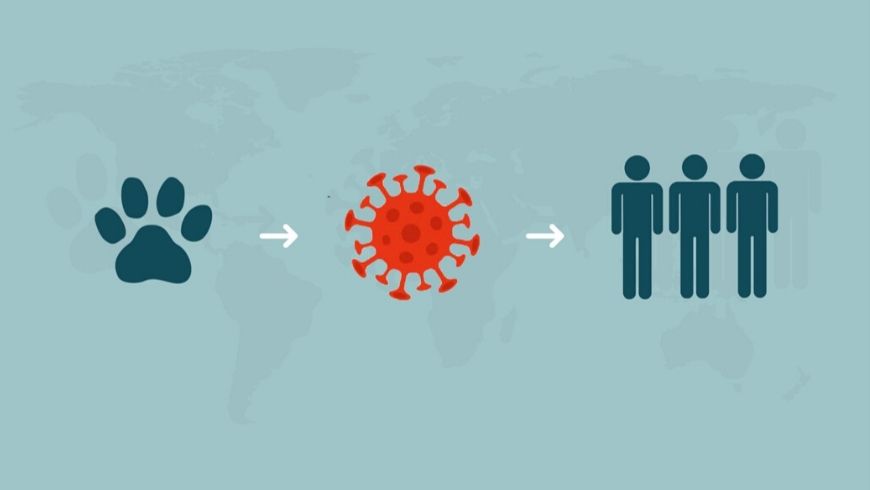
Learn from the past, to avoid a future Pandemic
Let’s face the truth – this is not the first virus that we had to fight, nor will it be the last if nothing changes. Actually, when it comes to the last twenty years, we refer at zoonosis happened back then as “averted disasters”. Examples can be many, maybe too many: HIV, Dengue, swine fever, SARS, strictly linked to COVID-19. We could unhappily mention at least 200 more.
We all wonder, why now? What has changed? Well, better to say what we have changed. Environmental damages not only caused all those effects we daily hear about in the news, but they (or us?) also provoked a dramatic biodiversity loss.
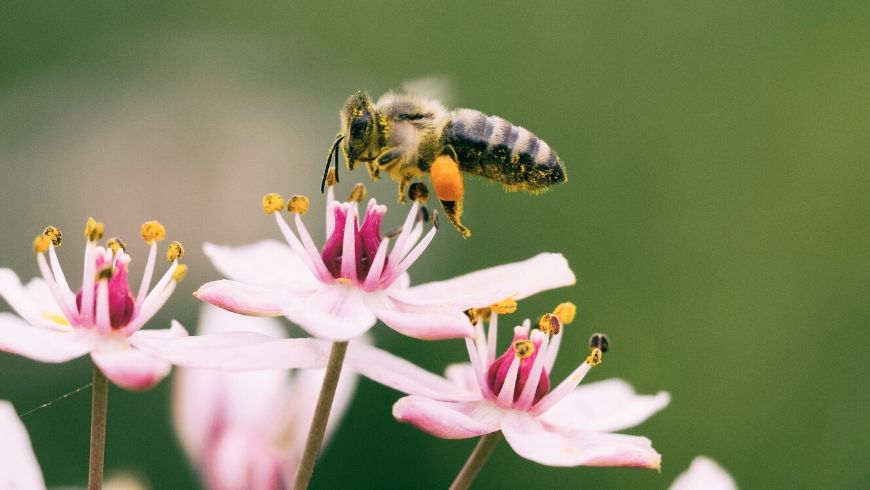
Keep in mind, biodiversity is our shield against any future pandemic or epidemic. If we want to avoid situations similar to this, biodiversity is our weapon in the fight against viruses. It is estimated that we put to risk of extinction about one million species. If ecosystems lack of complexity, the chance for viruses to rapidly spread significantly increases. Reasons behind this are that mosquitos would grow in number, the environment is highly damaged and the process of Spillover itself.
What can we do now? Does everything have to be like before?

I don’t want this article to be purely informative. I want this to be food for thought so that this moment of weakness won’t be vain. This shall not happen again and again, and you? This is our wake-up call. We now have to push towards an economic and social rearrangement, that looks at the future through the eyes of sustainability.
Personally, I trust our current sacrifices will turn into something good. Really good. I hope that everyone, together, will acknowledge all the past damages we’ve done. We should remember them to know how we can change. The economy is about to face a dramatic crisis, because of which every sector shall recreate itself. I trust this will happen in a new, positive and brilliant way. A way on the path of sustainability.
Be visionary, be ambitious, be extreme. But be always positive in respect of this uncertain future. It’s going to be okay, right?

